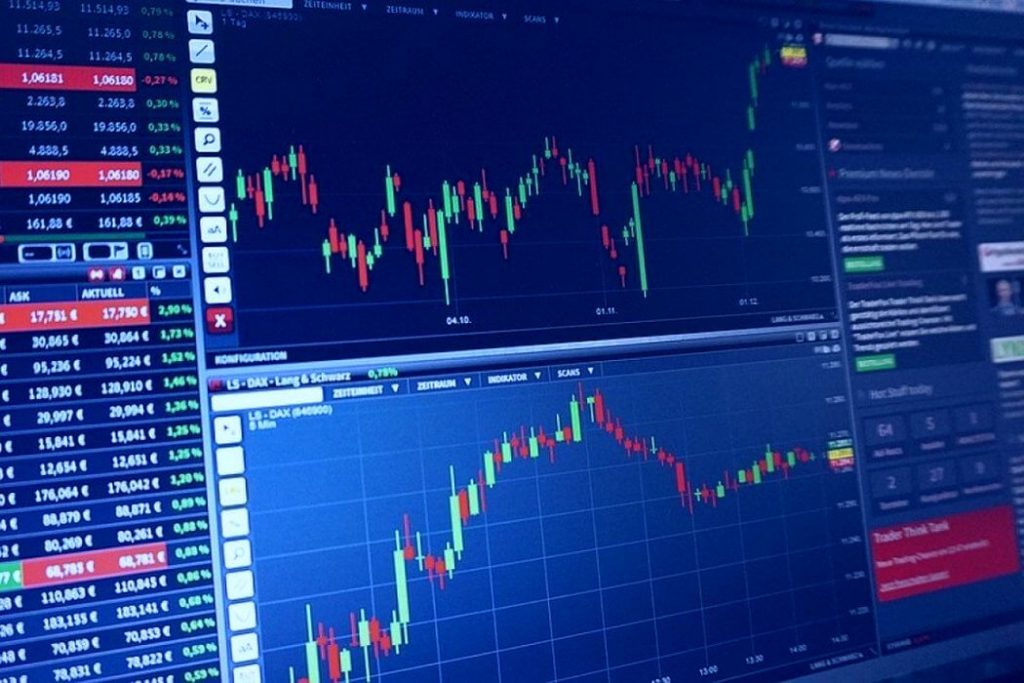Brokers, Exchanges, and Alternative Trading Systems
Join over 2 million professionals who advanced their finance careers with 365. Learn from instructors who have worked at Morgan Stanley, HSBC, PwC, and Coca-Cola and master accounting, financial analysis, investment banking, financial modeling, and more.
Start for Free
Intermediaries are vital for a well-functioning financial system and allow their clients to solve the problems they face more efficiently than they could by themselves.
We find several types:
- Brokers, Exchanges, and Alternative trading systems
- Dealers and Securitizers
- Depository Institutions
- Insurance Companies
- Arbitrageurs, and
- Clearinghouses and Custodians
Let’s consider Brokers, Exchanges, and Alternative trading systems.
Brokers
Have you watched the famous “Wolf of Wall Street” movie? There, the main character Jordan begins his career as a stockbroker at Wall Street!
In the world of finance, brokers are agents who help clients fill their “buy and sell” orders. In most cases, they don’t trade with them directly. Instead, these intermediaries look for investors who are willing to take the other side of their clients’ orders.
As far as fees are concerned, brokers help clients reduce the costs of finding counterparties for their trades. As a reward for the good job, they charge clients a commission for executing trades on their behalf.
Block traders represent another group within the brokers’ society. They provide somewhat similar services as brokers, except their clients have large trade orders. A block sale is considered a sale or purchase of a considerable number of securities- a minimum of 10,000 shares of stock, or $200,000 worth of bonds.
Generally, such trades might potentially impact the overall security prices due to the excess of the trading volume typically seen on an exchange. So, block brokers help conceal their clients’ intentions so that the market does not move against them.
Investment banks can also play the role of brokers. They help corporations sell common and preferred stock, as well as debt securities to investors. They also specialize in large and complex financial transactions, such as initial public offerings (IPO) and corporate mergers and acquisitions (M&A). Major investment banks include Goldman Sachs, JP Morgan Chase, Barclays, and Morgan Stanley.
Exchanges
They offer a venue for traders to meet and negotiate deals. Sometimes, exchanges act just like brokers – they provide “electronic order matching”. Logically, this is an electronic system that matches buy with sell orders automatically, eliminating any other intermediaries. Examples include the Frankfurt Stock Exchange, The Tokyo Stock exchange, and the New York Stock Exchange.
Apart from providing a place to trade on, exchanges also serve as a regulatory body. Hence, members of the exchanges need to submit extensive financial disclosures. Financial analysts then use this information to value the securities traded at the exchange, along with keeping their prices close to their fundamental financial worth.
Alternative Trading Systems (ATS)
These special venues have the same trading function as exchanges, but they do not exercise regulatory authority over their participants. They are known as dark pools because they do not display the orders that their clients execute, hence the name.
For example, a hedge fund interested in building a large position in equity may use an ATS to finalize the deal incognito. In this way, other investors don’t hear about it before its actual completion.
Summary
The term “broker” describes a person who connects sellers with buyers and makes a profit if the sale of a financial product is realized. They follow strict rules and work with a wide range of data, such as taxes, clients’ obligations, and financial status, to recommend a product.
You may now want to find out more about the second financial intermediary ― Dealers and Securitizers.
